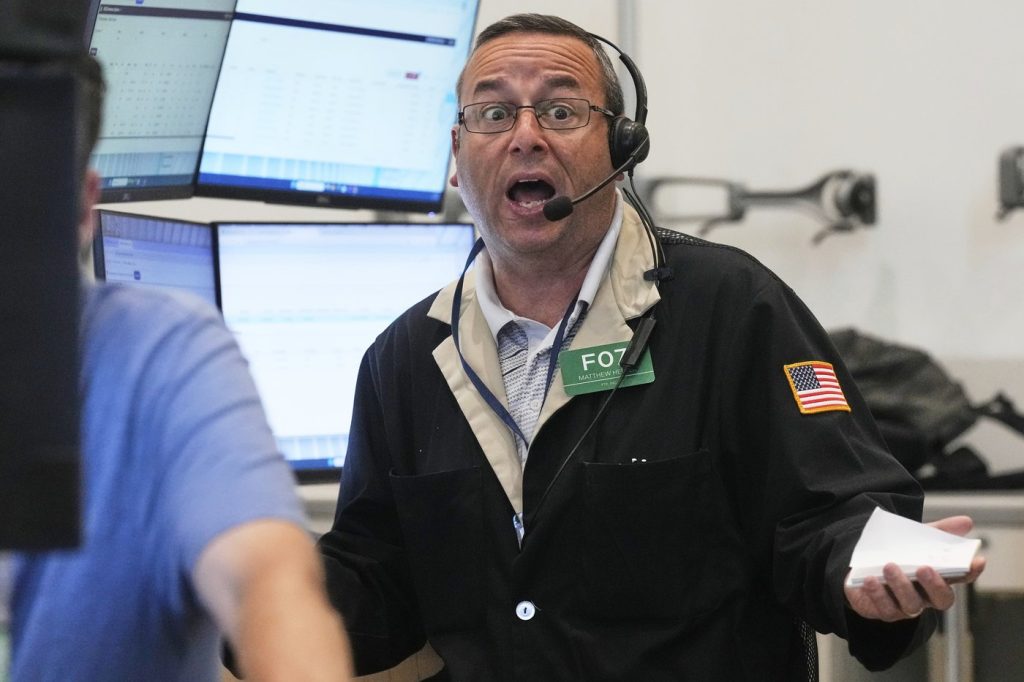Understanding Meme Stocks: Characteristics and Dynamics
NEW YORK (AP) - In the unpredictable world of investing, certain stocks capture the attention of retail investors for reasons beyond their fundamental financial health. Dubbed "meme stocks" by Wall Street, these shares often belong to companies with bleak financial prospects yet experience significant price surges, primarily driven by social media hype and online forums.
Poor Growth Prospects
Meme stock investors typically target companies with weak financials and limited growth potential. Such companies may struggle due to outdated business models, fierce competition, or a failure to adapt to changing market conditions. A prime example is GameStop, which became the original meme stock as it grappled with a transforming gaming landscape where online gaming outmoded traditional video-game rental stores. Similarly, Kohl's has faced persistent challenges against the rising tide of online shopping and intensifying competition from both traditional department stores such as Macy’s and major retailers like Walmart.
Beaten Down Share Price
Another defining trait of meme stocks is their low share price, which appeals to investors seeking quick profits. This affordability allows for easier entry into the market. For instance, Krispy Kreme debuted on Wall Street in 2021 at over $19 per share but plummeted below $3 last month. AMC Entertainment serves as a more dramatic example; it soared from $11 before the 2021 meme stock frenzy to over $300, only to currently trade around $3 per share.
Big Bets on Price Decline
Before a stock gains meme status, it often garners substantial interest from short sellers—investors betting against the stock's performance. These short sellers borrow shares and sell them, aiming to buy them back at a lower price later. When the market sentiment shifts and investors buy into these heavily shorted stocks, the price begins to rise. This can precipitate a "short squeeze," compelling short sellers to buy shares to limit their losses, further inflating the price and triggering a rally that benefits early investors.
Hype Drives Momentum
Unlike traditional stocks, which are influenced by company fundamentals, meme stocks thrive on online buzz. This hype typically emerges from social media platforms such as Reddit and YouTube. A notable example of this phenomenon is GameStop, where investor Keith Gill, known as “Roaring Kitty,” encouraged widespread investment in the struggling retailer, effectively altering its stock trajectory.
Volatility in the Market
Investing in meme stocks requires considerable risk tolerance, as the market can be highly volatile. Gains may dissipate just as swiftly as they appear. Consider the case of Opendoor Technologies, which saw its stock price fall below $1 per share in early July before experiencing a surge to $3.21 mid-month, following endorsements from hedge fund manager Eric Jackson on X. Nonetheless, the stock now hovers just above $2, indicating potential losses for those who bought during the peak.
Meme stocks represent a unique intersection of social media influence and market dynamics, where investor sentiment can drive prices dramatically away from underlying corporate fundamentals. As retail investors navigate this increasingly popular but precarious space, understanding the characteristics and behaviors of meme stocks becomes crucial.











